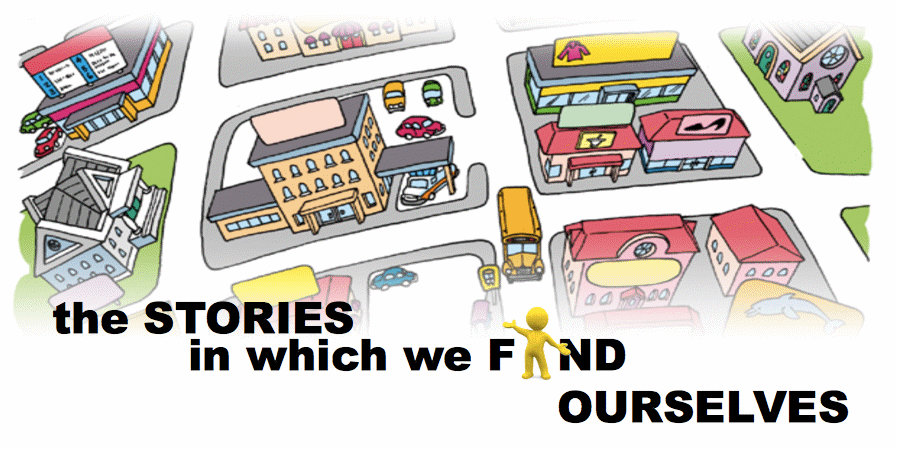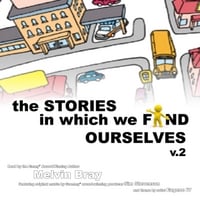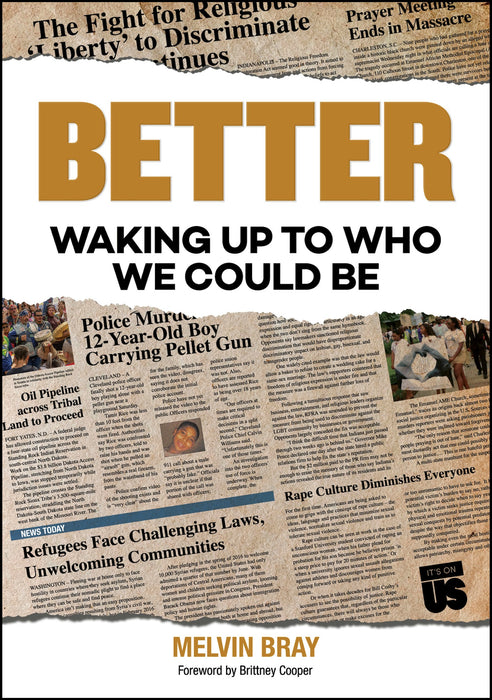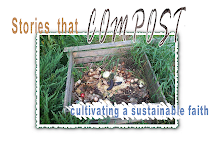Saving Grace—Episode 1
(taken from Genesis 6—a story of creation)
"Now it came to pass, when humans began to multiply on the face of the earth... the LORD said, 'My Spirit shall not always strive with humanity, [nor shall my breath remain in humans forever, because they are only flesh and blood].'
"Then the LORD saw that the wickedness of humans was great in the earth, and that every imagination of the thoughts of their hearts were only evil continually. And the LORD was sorry that He had made man on the earth, and He was grieved in His heart. So the LORD said, 'I will destroy man whom I have created from the face of the earth, both man and beast, creeping thing and birds of the air, for I am sorry that I have made them.' But Noah found grace in the eyes of the LORD."
"Noah found grace in the eyes of the Lord." This is one of the iconic phrases in Judeo-Christian tradition. It is the first time we are given this word "grace"—one of the unique treasures of the way of Jesus. Grace works in two ways. First, by not limiting the good we receive to only what we deserve in light of our shortcomings. For example, even though we poison our land with chemical fertilizers and pesticides that make it hard for anything to grow without more and harsher chemical fertilizers and pesticides, Elohim allows the food we grow to have enough nutrients to keep us alive. Second, grace also allows the good that we are able to do to not be limited to just our own shortcomings. Again, for example, if after years of poisoning the land we decide we want to do better by honoring the natural rhythms by which things grow, we can reintroduce worms to our poisoned land, feed them leftover scraps from our dining table, and before long, they will aerate and naturally fertilize the land, making it again hospitable to all the other good insects and plants that keep the bad insects away.
So when the Hebrew storytellers say "Noah found grace in the eyes of the Lord," they are saying that Noah looked "into the face of God and [saw] the truth of his own dignity."
Like Enoch, Noah had somehow learned what Eve, Adam, Abel and Cain had missed: that his worth was not dependent on his performance. He saw that he had value that could never be lost as part of God's good creation, simply because Elohim had said so, and Elohim's judgment was the only one that counted.
The great thing about being secure in who you are, like Noah, is that you can risk attempts at good that others cannot simply because you're not afraid of appearing foolish. And that's exactly what Noah does in building his over-sized boat, often called an ark, miles from any water. By doing so he ultimately avoids the flood of hubris (another word for pride) that swept so many others to their death.
The way the story has been handed down to us, Noah was the great-grandson of Enoch. When he was born, a strange and cryptic prophecy was spoken of him at his naming ceremony. Family and friends had gathered, when Lamech, the lad's father, took the boy in his hands and said, "His name shall be Noah for he will comfort us in the hard labor of farming the land that God cursed." As you can see, Noah's family was still struggling with the idea that if something were difficult it must be because God was unhappy with them.
Whatever it meant that he would comfort them concerning their work, Noah grew into a person who didn't mind hard work. He wasn't discouraged by what he couldn't accomplish easily. He liked a challenge, which was kind of odd. Most people like easy. Adam and Eve disobeyed, because it seemed easier. They ran when Elohim came looking for them, because it seemed easier. Despite all Elohim's demonstrations to the contrary, they taught their children that God was just waiting to pounce and punish whenever they messed up, because that seemed easier than questioning their own assumptions. People settle for easier more often than not. But not Noah.
The story passed down to us doesn't say what Noah settled into for a living as an adult. It's rather easy to think of him as a builder, but that doesn't have to have been the case. Maybe he was a farmer like his father or maybe a herder like his great-great-great-great-great-great-grandfather Seth and his brother Abel. What we are told is that one day, in the mist of all that human beings could imagine as ways to sell themselves short and live easy, Elohim came to Noah and said, "I've seen the end of things, Noah. I've seen how the way most of humanity is choosing to live ultimately plays itself out. The violence humanity does is not just to each other but to the earth as well. 'Violence is everywhere; I'm making a clean sweep.
"'Build yourself a ship from teakwood. Make rooms in it. Coat it with pitch inside and out. Make it 450 feet long, seventy-five feet wide, and forty-five feet high. Build a roof for it and put in a window eighteen inches from the top; put in a door on the side of the ship; and make three decks, lower, middle, and upper.'
"I'm going to bring a flood on the earth that will destroy everything alive!"
"Everything?" Noah asked for some much needed clarification.
"Okay, well maybe not everything," God responded, considering the ramifications of such an absolute declaration. "I mean everything committed to humanity's attempts to imagine they know better than I.
"The truth is 'Destroyer' is actually not my role in this story, but sadly that's how I'll be misunderstood for allowing humanity to experience the consequences of their awful choices. You won't believe it, but years from now folks will have this whole mental script of how I got fed up and wiped everybody out. They'll even sing songs, 'It won't be water, but fire next time!' Oh yeah, it'll be real brutal stuff. In fact they'll have a hard time imagining you, Noah, as anything more than a wild-eyed street preacher hurling your prognostications of destruction and vindication like water balloons at wary passers-by. I hope you have a better imagination than that.
"My role in this story, Noah, is to offer a way of escape. I want to have a covenant with you, Noah—promises made to one another—that will spare you and anyone who joins you from chasing this destructive path to its inevitable end. It starts with you building the ship and community in it, with your wife, your sons and their wives. You should also take two of each living creature, a male and a female, on board the ship, to preserve their lives along with yours: two of every species of bird, mammal, and reptile. Also gather all the food you'll need for several months and store it up for you and them."
And as challenging as it all must have seemed to Noah—not only looking at the huge task ahead of him, but also realizing he might be the only one who could see what was to come—Noah did everything God graced him to do.
-Story relies heavily upon the work of Jonathan Brink, The God Imagination, which is quoted directly in paragraph four. Scripture quoted or integrated from the KJV, NKJV and The Message renderings of the Hebrew Bible.










No comments:
Post a Comment